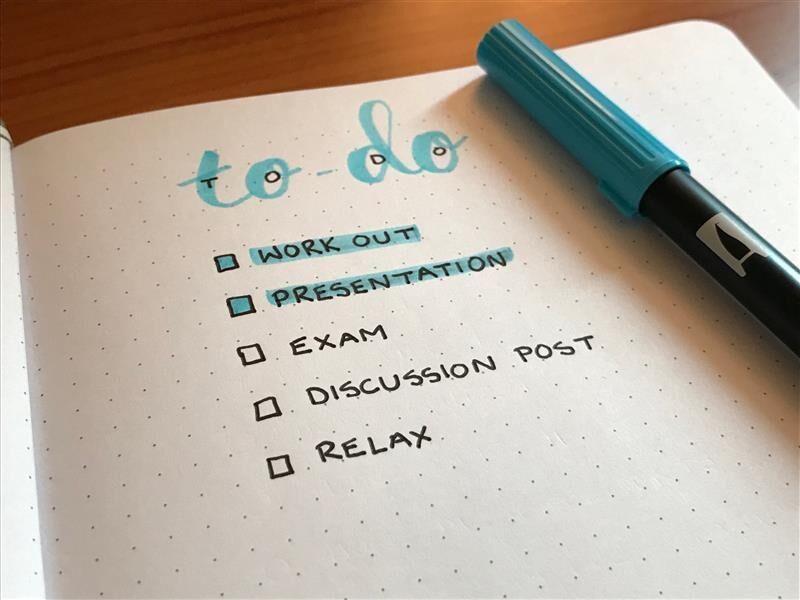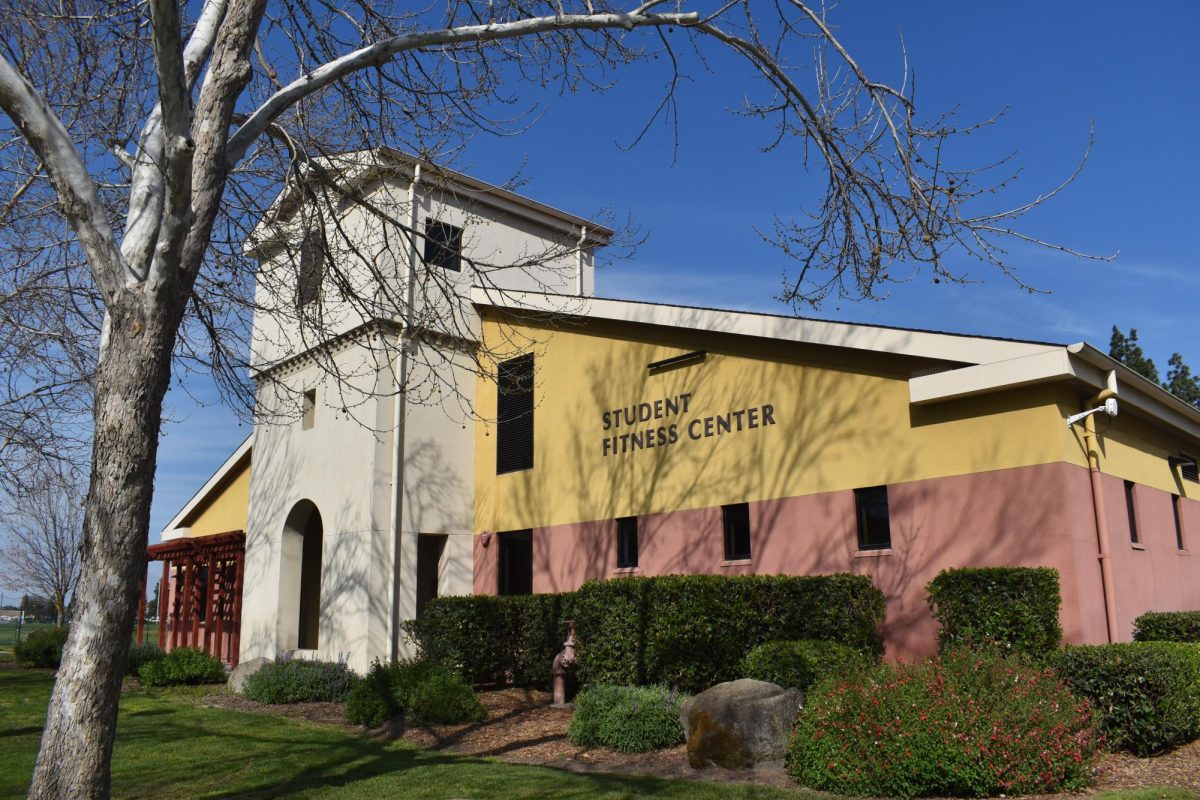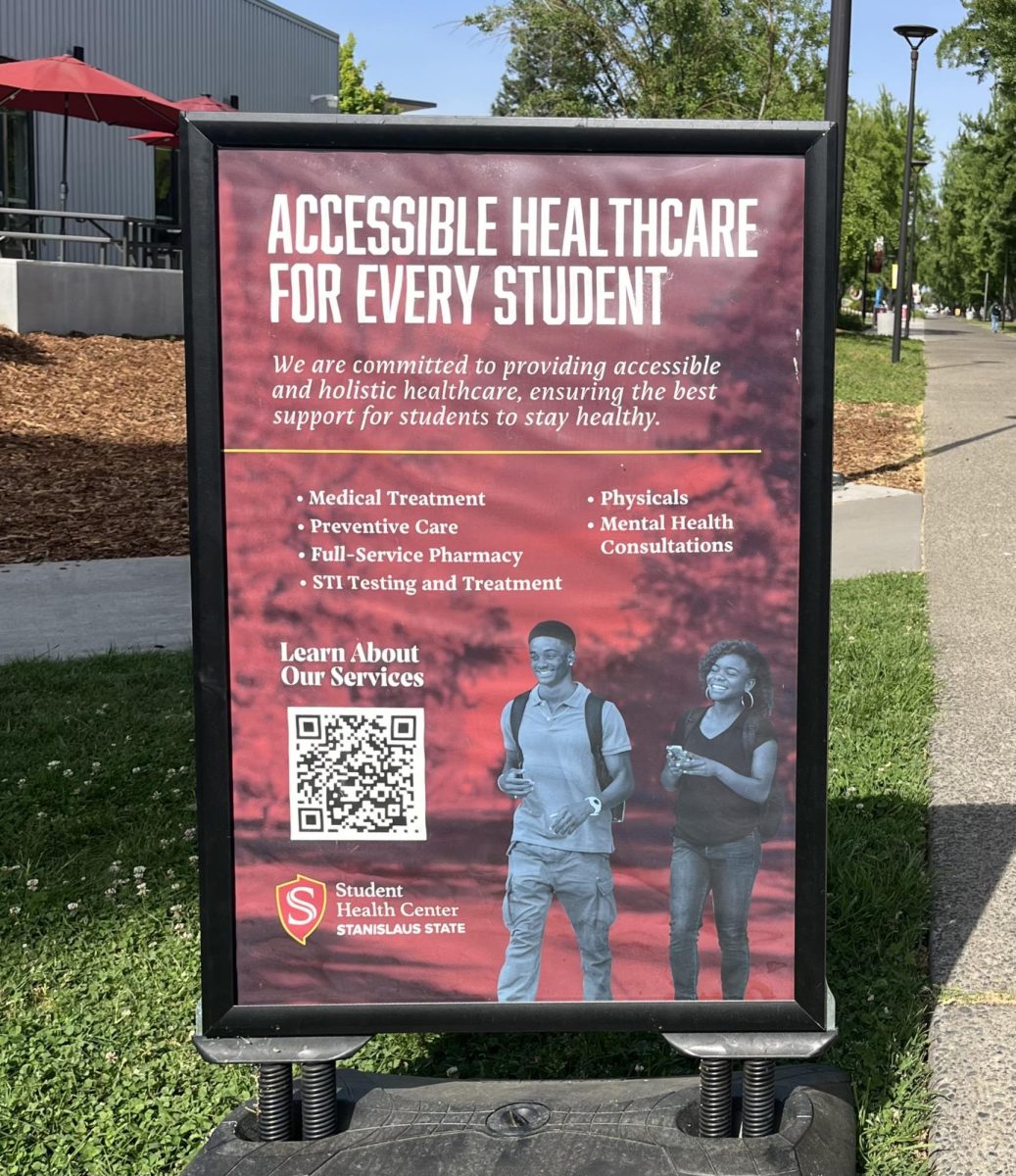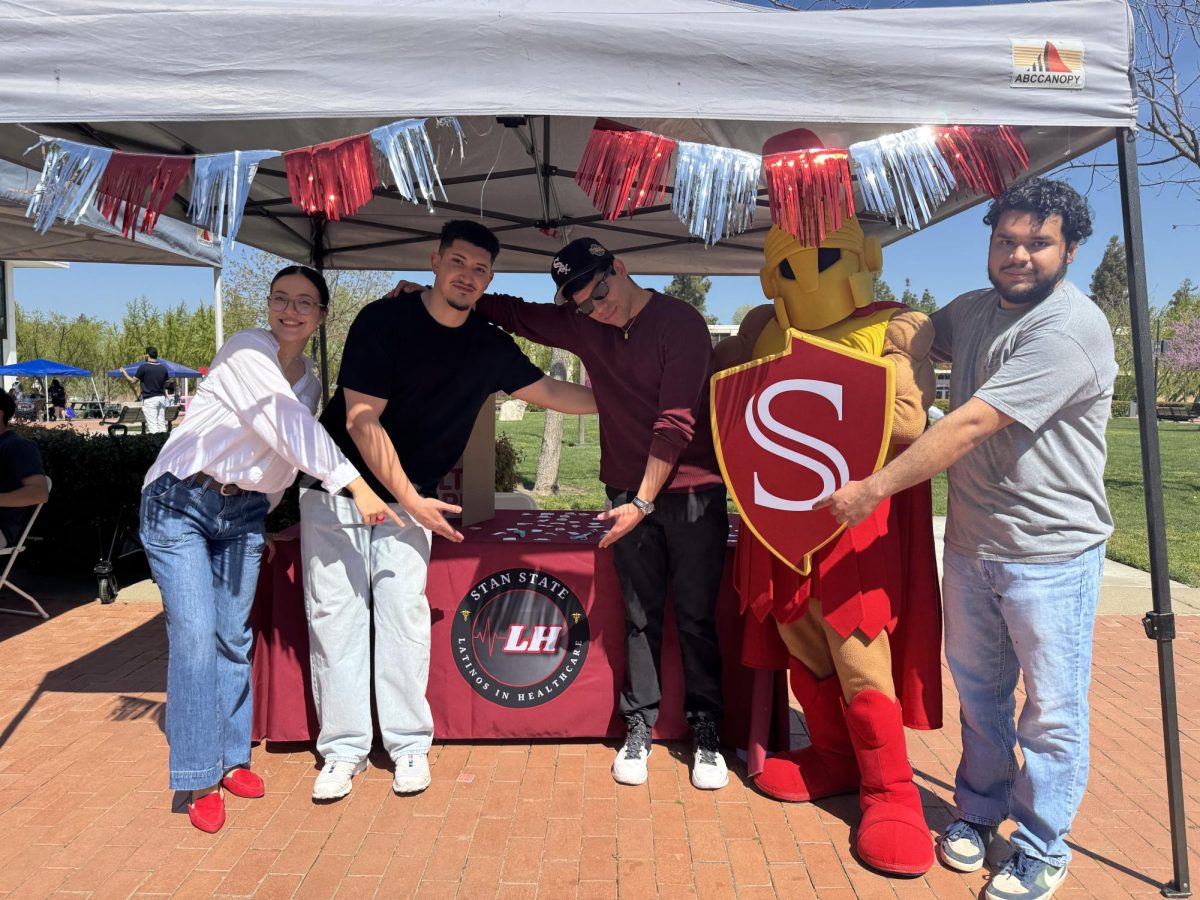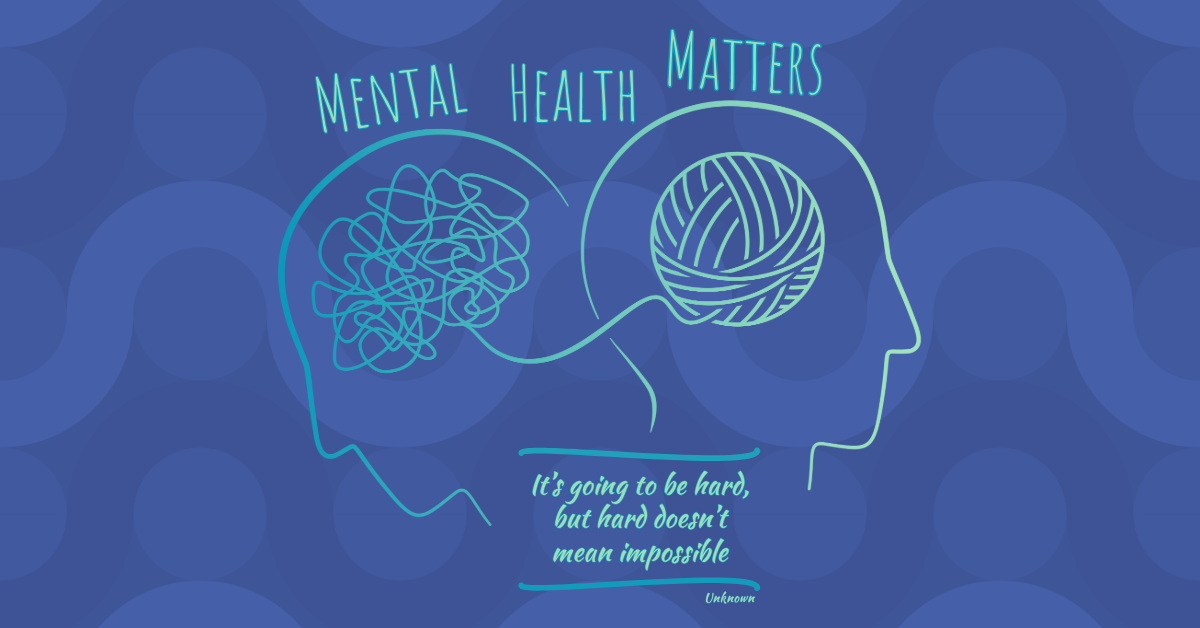Between midterms, the pandemic, and a tense political climate, it is very likely that members of the Stan State community may be experiencing significant stress. Although a lot of our stressors may be out of our control, the ways that we deal with them is entirely up to us.
To help students better understand how to manage and understand their stress, Lee Bettencourt, counselor at Stan State’s Psychological Counseling Services, was able to offer some advice.
First, Bettencourt discussed mental health resources that are available to Stan Students through Psychological Counseling Services, and how counselors are helping students manage their stress during this time.
Counseling sessions are still being offered to students free of charge, although they are all in a virtual format. “We are still providing individual counseling sessions, services are free and confidential. We are still offering couple counseling, so students at the university can still be seen for couples counseling.”
Bettencourt says that it’s important to acknowledge that things look a lot different these days. Our community is going through a lot of changes, and this may be affecting students. “We tend to be creatures of habit, and we like to have things to be consistent and we count on things… When there is a lot of instability, it raises our anxiety and stress level.”
The counselors at Stan State can help students cope with all of these changes in a healthy and productive way. One way that students can receive help is through workshops.
“We have workshops and support groups on our website. There is Body Positive Warriors, which helps with developing healthy body image and self esteem, an LGBTQ+ Support Group, a group called HERstory that is for women of color with a safe place to talk about their experiences and support one another, and there is a spark group called Black Voices for black students. [All] without any cost,” Bettencourt says.
Another way to recieve help is through Therapy Assistance Online (TAO) which Bettencourt explains is an online mental health resource that members of our campus community can use. “There are a lot of topics on mental health issues like anxiety, depression, relationship issues, compassion. There are modules that they can work on their own, at their own pace, and get a lot of good information.”
Bettencourt also reminds students that, although they are likely feeling isolated, they are not alone in their struggles. “Students are trying to do their classes from home and maybe they have parents who are trying to teach from home. It makes for a more complicated working environment. Just understand that you are not alone and other students are facing similar issues.”
As we make our way through this challenging year, Bettencourt uses the analogy of running a marathon to explain why it’s important to continue to take care of yourself while balancing all of your responsibilities.
“We have to learn to pace ourselves. We kind of have to take things day-by-day, and we [counselors] help students with focusing on what’s in front them, in their near future.” Bettencourt adds that setting daily goals and priorities can help students stay focused on the present and not get too caught up in the anxiety of the future.
For those who choose to attend counseling sessions, the counselors try to help teach students productive thought processes. The way that we think has a huge impact on our emotional states. Bettencourt says that it’s important for students to avoid getting overly critical of themselves and engaging in catastrophic thinking. Instead, he suggests holding on to the idea that things are going to get better.
Students who are enrolled in a full course load as well as maintaining a job and adjusting to living at home may be wondering how they could ever squeeze these mental health resources into their busy schedules. The times when life is the most overwhelming is when we need these resources most, but it’s also the time when it’s the most difficult to find time.
Bettencourt explains the importance of time management. “It’s very important to have'”me time,’” says Bettencourt, adding that “me time” is often the first thing to go when students get busy. Between work, school, and family, it’s hard to find time to relax, but Bettencourt explains that relaxation is crucial for managing stress and staying productive.
“I often use the analogy of your phone. You know you got to recharge the battery otherwise your phone goes dead. It’s useless.” In order to build in time for recharging and relaxing, Bettencourt suggests creating a schedule.
“Have a weekly schedule. The more people have a plan of attack of how and when they are going to get things done, the easier it is to get started,” Bettencourt explains. “Plan in terms of how and when you’re going to get your studying done, including what subjects you are going to study.”
Another tip for learning how to use your time wisely is to create lists. When making a to-do list, Bettencourt suggests that you “have clear goals in terms of what you want to get done today, what is most important, and try not to have that list be too long. Maybe just three items. If you have a list of ten things, you’re going to not want to do it.”
Bettencourt says that it’s useful to create your lists the night before, so that you know what you need to do as soon as you wake up. Additionally, using your mornings to be productive can set the tone for the rest of your day, making you feel more motivated and less rushed or stressed.
In order to use your time most effectively, it’s also important to recognize the things that distract you when you’re trying to be productive. “Be aware of avoidance behaviors watching Netflix, social media, video games, talking with people, organizing the closet.”
Instead of succumbing to these distractions while you’re trying to study, try to remain focused until you complete your goals and then allow yourself to fully relax. This will help you be more productive during your work hours and more relaxed during your “me time.”
Bettencourt was also able to explain how he thinks living through COVID will uniquely affect students.
“I think it will help people and students build more of a sense of resiliency,” Bettencourt says. “When people have to go through difficult challenging times, they kind of see ‘I can get through a difficult experience. I have skills, abilities, and people I can count on to help me get through this.’ That really helps with that sense of resiliency so we can gain inner strength.”
This experience may help people see that they can handle life’s challenges. Bettencourt comments that in the future, students may be saying, “I survived COVID, I can get through this.”
In the year of 2020, students have had to overcome challenges that they may never have anticipated. The feelings of stress and weariness is likely familiar to many members of our community. However, if we take the time to care for ourselves and mindfully integrate the stress management techniques that Bettencourt has outlined for us, we will be able to turn our challenges into resilience.
Bettencourt encourages any students who are dealing with stress or anxiety to reach out to the campus counseling center. “Sometimes students can be concerned about what is going to happen in counseling or what it’s going to be like, so there’s fear. We are there to help students. All counselors are licensed professional counselors [and are] very caring. We want to help students be successful and it’s free”
If you are interested in reaching out to Psychological Counseling Services, you can call their number at (209) 667-3381 to make an appointment.

